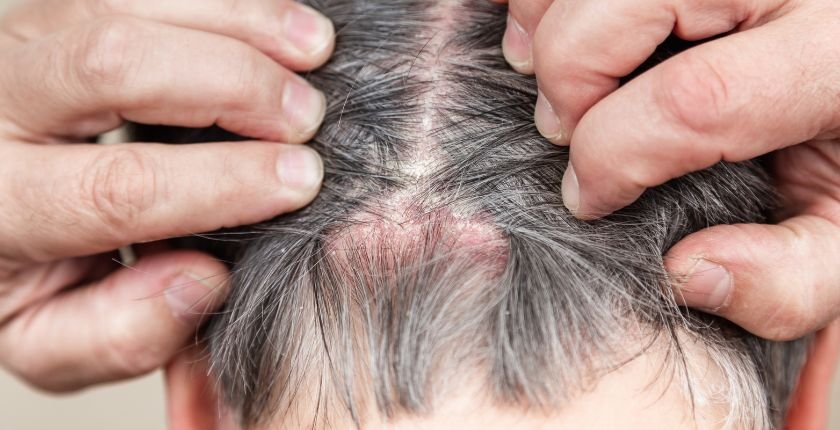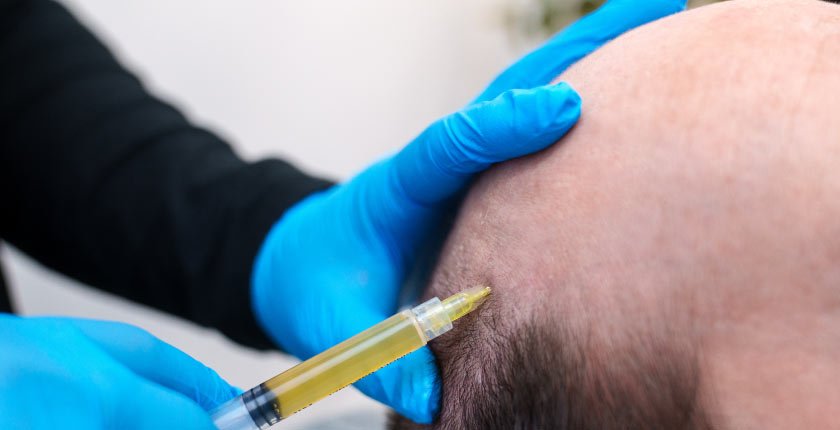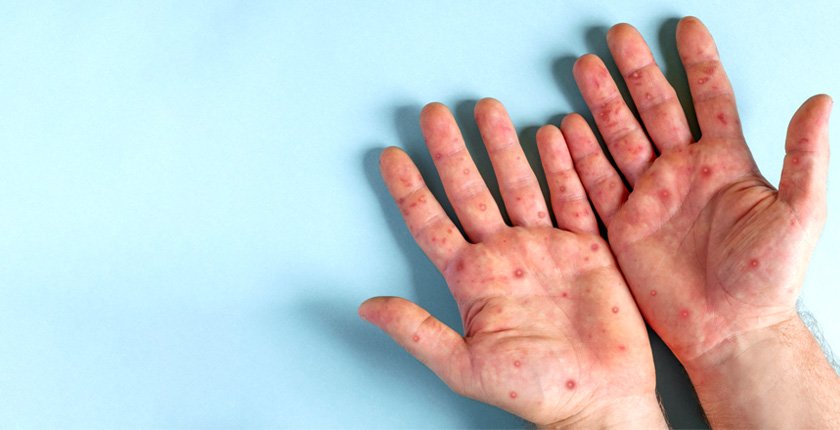
HOW TO MANAGE SCALP PSORIASIS: TIPS FOR HEALTHY HAIR AND SKIN
Introduction
Scalp psoriasis is a chronic skin condition that not only affects the scalp but also has a significant impact on overall scalp and skin health. Characterized by red, scaly patches and itching, managing this condition requires a comprehensive approach to prevent flare-ups and maintain healthy scalp and skin. In this blog, we will explore the causes, symptoms, treatment options, and effective lifestyle practices for managing scalp psoriasis.
What is Scalp Psoriasis?
Scalp psoriasis is a form of psoriasis that specifically affects the scalp, causing thick, scaly plaques that can extend to the forehead, back of the neck, and around the ears. This condition can range from mild to severe, often leading to discomfort, irritation, and self-consciousness.
Understanding the Impact of Psoriasis on Hair and Skin
The persistent inflammation and scaling associated with scalp psoriasis can weaken hair follicles, potentially leading to hair thinning or temporary hair loss. Additionally, the condition’s visible symptoms can affect a person’s self-esteem and social interactions.
Scalp Psoriasis Causes
Genetic and Environmental Factors
Scalp psoriasis causes are largely driven by genetic predisposition. If you have a family history of psoriasis, you maybe more likely to develop it. Environmental factors such as weather changes, infections, and scalp skin injuries can actas triggers.
Triggers That Can Worsen The Scalp Psoriasis Causes
- Stress and anxiety
- Cold and dry weather
- Certain medications
- Infections, such as sore throat
- Smoking and excessive alcohol consumption
Scalp Psoriasis Symptoms
Common Signs of Scalp Psoriasis Symptoms on the Head
- Red patches of skin covered with silvery scales
- Persistent itching and burning sensations
- Dryness leads to cracked skin that may bleed
- Thickened skin on the scalp
- Severe scaling in the form of dandruff
The abovementioned scalp psoriasis symptoms are the significant things to be noticed at its first phases.
How to Differentiate Scalp Psoriasis from Other Conditions
Unlike dandruff, which causes oily flakes, scalp psoriasis results in dry, silvery scales and redness. It can alsoextend beyond the hairline, which is not typical of dandruff or seborrhoeic dermatitis.
Is Psoriasis Dangerous?
A question arises, is psoriasis dangerous? Then the initial answer is only scalp. Psoriasis is not life-threatening; it is a chronic condition that can impact quality of life. Severe cases may lead to complications such as psoriatic arthritis and an increased risk of cardiovascular diseases.
When to Seek Medical Advice
Consult a dermatologist if you experience:
- Severe itching or pain
- Signs of infection, such as oozing or swelling
- Difficulty in managing the symptoms with over-the-counter treatments
Scalp Psoriasis Treatment Options
Over-the-Counter Remedies: Shampoos, Lotions, and Creams
Many products are available to manage mild scalp psoriasis. These include:
- Shampoos containing coal tar or salicylic acid
- Moisturising creams to reduce dryness and scaling
- Medicated lotions for mild inflammation
For severe cases, consult a dermatologist near you.
Choosing the Right Scalp Psoriasis Shampoo
Ingredients to Look for in Scalp Psoriasis Shampoos
- Coal tar: Helps slow skin cell growth
- Salicylic acid: Aids in removing scales
- Zinc pyrithione: Reduces itching and irritation
The above-mentioned information is the crucial factor while choosing scalp psoriasis shampoo.
Biologic therapies, such as adalimumab and secukinumab, target specific immune pathways, provide an effective solution for managing moderate to severe scalp psoriasis
Strategies for Long-Term Management
- Regular use of prescribed treatments
- Avoiding known triggers
- Maintaining a healthy lifestyle, and managing ideal body height is of utmost important
- Keep in touch with your dermatologist regular
Managing Psoriasis Dry Scalp
Hydration Tips to Soothe a Psoriasis Dry Scalp
- Use a gentle, hydrating shampoo and conditioner.
- Apply natural oils, such as coconut or argan oil, to the scalp.
- Use a humidifier to maintain moisture levels in your home.
Home Remedies to Relieve Discomfort of Psoriasis Dry Scalp
- Apply aloe vera gel to soothe irritation.
- Use apple cider vinegar diluted with water as a rinse to reduce scaling.
- Oatmeal paste can help calm itchy and inflamed skin.
Psoriasis on Head
Up to 80% of psoriasis patients have scalp involvement. Scalp psoriasis can develop alone or with other kinds. Psoriasis on the head causes red, thicker plaques with silver-white scales on the forehead, ears, and posterior neck or within the hairline. Psoriasis on the head can cause physical and social suffering, with up to 97% of sufferers experiencing daily life disruption. Scalp psoriasis often causes extreme itching and dandruff, which embarrasses sufferers. A recent worldwide telephone poll found that 43% of psoriasis patients found itching, the most irritating symptom. Alopecia can also arise from scalp psoriasis. Scarring alopecia is often reversible with therapy, but there is growing evidence that it causes chronic, recurring episodes of hair loss.
Lifestyle Tips for Scalp Psoriasis
Stress Management and Diet for Healthy Skin
Stress is a common trigger for psoriasis flare-ups. Practice mindfulness, yoga, or meditation to reduce stress. A balanced diet rich in anti-inflammatory foods, such as omega-3 fatty acids, fruits, and vegetables, can also support skin health.
Hair Care Practices to Prevent Flare-Ups
- Avoid harsh hair treatments like coloring and heat styling.
- Use a wide-tooth comb to avoid irritating the scalp.
- Wash your hair with lukewarm water instead of hot water.
Conclusion
Scalp psoriasis can be challenging to manage, but with the right treatments, lifestyle adjustments, and proactive care, it is possible to control symptoms and maintain healthy hair and skin. By understanding the triggers, using appropriate products, and adopting healthy habits, individuals with scalp psoriasis can lead a more comfortable life. If anyone has been facing such a problem for a longer time, it is suggested to visit a nearby dermatologist for the best possible treatment.
FAQs
1. Can scalp psoriasis cause hair loss?
Temporary hair loss can occur due to scratching or inflammation, but hair typically regrows once the condition is managed.
2. What is the best shampoo for scalp psoriasis?
Look for shampoos containing coal tar, salicylic acid, or zinc pyrithione to reduce scaling and itching.
3. Can stress make scalp psoriasis worse?
Yes, stress is a common trigger for psoriasis flare-ups. Managing stress through relaxation techniques can help control symptoms.
4. Are there natural remedies for scalp psoriasis?
Aloe vera, coconut oil, and diluted apple cider vinegar are effective natural remedies to soothe the scalp.
5. Is scalp psoriasis contagious?
No, scalp psoriasis is not contagious. It is an autoimmune condition and cannot be transmitted to others.









